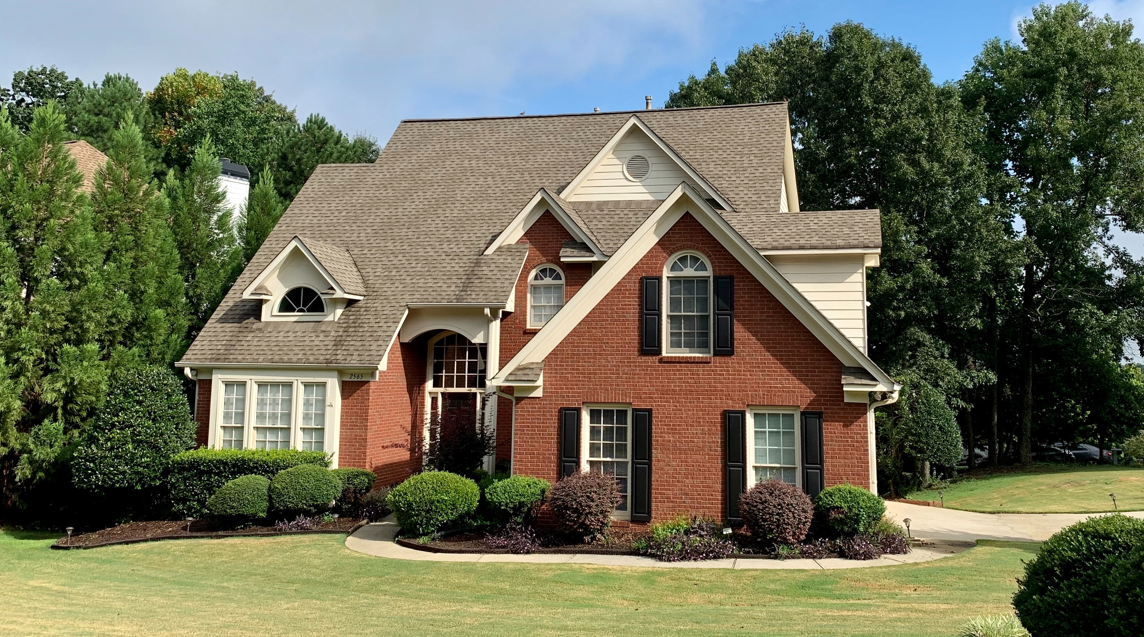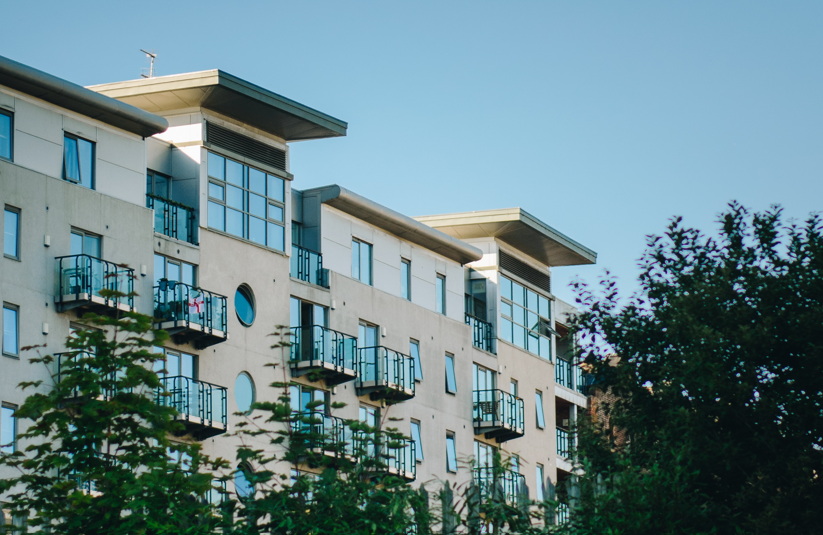More than a third of older Canadians are thinking about buying a home
By Olev Edur
Despite soaring real-estate prices in most parts of the country in recent years, a great many retirees are apparently still interested in buying property. According to a Royal LePage survey of Canadian baby boomers conducted in June 2021, 3.2 million—35 per cent— indicated that they may or will buy property within the next five years. Overall, 78 per cent of Canadian boomers said they believe that owning a home is a good investment. Statistics Canada defines boomers as those born between 1946 and 1965, who now range in age from about 56 to 75.
A Survey
The survey results suggested as well that the COVID-19 pandemic had little effect on boomers’ home-purchasing plans. Ninety per cent of respondents said that the pandemic didn’t cause them to postpone their plans to buy a property, and 95 per cent said the pandemic didn’t prompt them to speed up their plans.
“The boomer generation appears to have no intention of slowing down,” said Phil Soper, the Toronto-based president and CEO of Royal LePage, at the time the survey was released. “Fully vaccinated, and turning a cold shoulder to retirement, the typical member of this huge demographic is enjoying an empty nest and believes real estate is a good investment. Millions of boomers are expected to wade into the market over the next five years.”
Market Growth
The only change in the market since the survey was conducted, Soper says, is that the frenzied activity of 2020 and 2021 has calmed down a bit. “The pace of market growth has slowed overall, not just for boomers but across the board,” he explains. “We aren’t seeing as many bidding wars. People have been getting frustrated and dropping out of the market for the time being. We expect a busy winter [in early 2022], though. We see evidence across the country that people have been pausing and hoping for a seasonal slowdown before getting back into the market. It’s akin to flying off-season, when prices are lower. People are hoping for the same thing in real estate.”
As for price growth, Soper says that that’s been slowing, as well. “The rate of price appreciation has already started moderating, and we’re seeing fewer multiple offers for properties and fewer sales over asking price.”
Most-Sought-After Properties
As for what types of property boomers would prefer, 57 per cent of survey respondents said their preference would be a detached home; 19 per cent would prefer a condo or an apartment, and seven per cent would opt for a semi-detached home. Among respondents who plan to buy within the next five years, 56 per cent answered “yes” or “maybe” when asked if they would consider purchasing their next home in a recreational or rural region.
No matter the type of their current residence, most of those considering a purchase (63 per cent) indicated that they might or would definitely downsize. Their reasons for downsizing, however, varied.
Downsizing
Asked why they planned to downsize, 71 per cent said it would be to have fewer maintenance cares, while 39 per cent said it was to free up money for retirement; 29 per cent said they wanted the money for travel, and nine per cent wanted to help their kids buy a house. Thirty per cent said they were downsizing so they could afford a similarly priced but smaller property in a more desirable area, with six per cent of these indicating it was so they could afford a recreational property outside Canada. (Note that in some cases, the survey numbers don’t add up to 100 per cent because of rounding, because some questions were unanswered or, as in the cases of reasons for downsizing, because people selected more than one answer.)
“Most boomers are looking for a home that requires less maintenance,” Soper says of these varied buying preferences. “Paradoxically, they also yearn for country living and don’t want to sacrifice living space.” He points out that “these results bode well for the continued growth of managed communities in exurban and recreational regions.”
Where Boomers Live
The survey also shone some light on the current housing circumstances of older Canadians. Among the 2,000 survey respondents across the country, 75 per cent owned their own homes (74 per cent lived in their homes, while one per cent owned property and rented out their principal residence), while 24 per cent didn’t own their own homes; most of these rented, but one per cent lived with other family members. The incidence of home ownership among boomers was highest in Alberta (84 per cent) and lowest in Quebec (67 per cent).
The vast majority of home-owning baby boomers (82 per cent) owned a single property, while 17 per cent owned two or more properties. The highest incidence of multiple ownership was in Alberta (24 per cent) and Saskatchewan/ Manitoba (21 per cent); in all other regions, the incidence of multiple property ownership was fairly consistent, at between 16 and 18 per cent.
Also, while 35 per cent of respondents indicated interest in buying, just over half (52 per cent) of those who owned homes said they’d prefer to renovate; another 24 per cent said they might renovate.
Real Estate and Finances
Among those boomers who owned homes, almost two-thirds (64 per cent) said they were mortgage-free; among those who still have mortgages, the amount of time remaining before their mortgages were paid off varied widely. About one-quarter said their mortgages would be paid off within the next five years, but more than a third said they still had more than 15 years to go before their mortgages would be discharged.
Net Worth
Forty per cent of home-owning boomers indicated that real estate made up more than half of their total net worth; 44 per cent said it made up less than half. For about a third of those with more than half their net worth in real estate, the asset accounted for between 75 and 100 per cent of their net worth; that’s about 13 per cent of all boomer homeowners.
Twenty per cent of survey respondents indicated that they still had children living with them at home; for most (17 out of 20), the children were adults. When asked what their plans would be once the children moved out, almost two-fifths of these respondents said they’d continue to live in the same home, one-quarter said they’d either downsize or move to a more affordable region, and fully one-quarter said they didn’t foresee their children ever moving out.
Advice for Home Seekers
Soper offers a few observations for boomers who might be contemplating a real-estate purchase in the near future.
To begin with, he points out that, given the ever-increasing price of housing in almost all parts of the country, while bargains are still available, you need to keep in mind that it all depends on where you live. “Bargains are relative,” Soper says. “If you look at Saint John, N.B., for example, it’s a sleepy part of the country where people think prices don’t move that much. But now prices have gone up 30 per cent and people think ‘Oh, my God, that’s crazy!’ Yet the price of houses there is still only one-third of what they cost in Toronto.
Crazy Prices
“Prices have risen everywhere, but there are still tremendous bargains relative to the largest and busiest markets, such as Toronto or Vancouver,” Soper continues. “The farther away you get from major metropolitan areas or the more expensive recreation and cottage areas, the lower the prices are. So, for example, prices in eastern or western Ontario are up a lot, but they’re still a bargain relative to the highest-priced areas.”
Pricing also depends on the type of housing you buy, Soper adds. “Single-family detached homes have risen in price at a greater pace than condos and other types of housing,” he says. “So, if you have some flexibility in the kinds of property you might consider, condominiums in particular are more of a bargain now than they were before the COVID pandemic.”
Photo by Johnson Johnson on Unsplash





